In your next team meeting, set the stage for a transformative experience by introducing your team to the concept of the questioning funnel and the various levels of listening. Start the meeting with a brief overview of these tools, highlighting the significant benefits they can bring to your team’s communication and problem-solving skills. This introduction will inspire optimism and a sense of anticipation for the positive changes these tools can bring.
Encourage your team members to practise these skills throughout the meeting actively. Explain that the questioning funnel helps narrow broad queries into specific, actionable questions, fostering a more in-depth understanding of the issues. Additionally, highlight the three levels of listening: internal, focused, and global. Internal listening involves awareness of one’s thoughts and biases, focused listening is about paying full attention to the speaker, and global listening incorporates understanding the broader context and body language.
Motivate your team to challenge themselves continuously by asking more inquisitive and insightful questions. Encourage them to listen deeply by being present and curious, minimising distractions, and testing their assumptions. Suggest practical techniques such as note-taking to capture critical points, summarising to reinforce understanding, and clarifying any ambiguities immediately.
Towards the end of the meeting, initiate a reflective discussion. Ask your team members to share their experiences using the questioning funnel and the different listening levels. Discuss these practices’ impact on their engagement and understanding during the meeting. Use this opportunity to draw parallels with customer interactions. Emphasise how practising these skills can significantly enhance customer service by fostering deeper connections and more effective communication.
Research has shown that effective listening and questioning techniques are critical for successful problem-solving and team collaboration. Asking the right questions and practising active listening are more likely to identify the root causes of problems and develop innovative solutions. Furthermore, these skills are directly linked to improved customer satisfaction and loyalty, as customers feel more heard and valued. According to a study published in Forbes, people who spent more time getting customers to open up about their problems were selling an average of 120% above their quota.
By integrating these practices into your regular team meetings, you are enhancing your team’s problem-solving capabilities and setting a standard for exceptional customer service. The ripple effect of these improved communication skills will be felt across all interactions, leading to a more cohesive team and a more satisfied customer base.
Implementing Effective Communication Strategies
- Introduction to Questioning Funnel and Listening Levels:
- Provide a concise explanation of the questioning funnel and the three listening levels.
- Highlight the benefits of these techniques for team communication and problem-solving.
- Active Practice During Meetings:
- Encourage team members to ask detailed and probing questions.
- Foster an environment of deep listening by minimising distractions and promoting active engagement.
- Reflective Discussion Post-Meeting:
- Gather feedback on the use of these techniques during the meeting.
- Discuss how these practices can improve customer interactions and service delivery.
- Continuous Improvement:
- Emphasise the importance of ongoing practice and refinement of these skills.
- Encourage team members to share their experiences and insights regularly.
Focusing on these strategies can create a culture of continuous learning and improvement, ensuring that your team is always prepared to deliver exceptional service to your customers. Reiterating the potential benefits will inspire and motivate your team to fully embrace these strategies.
This learning tip comes from our ‘Coaching for GREAT customer service’ programme. Check it out here. If you’d like to explore this topic or any other aspect of customer service training then please do give us a call on 01582 463464. We’re always here to help.










